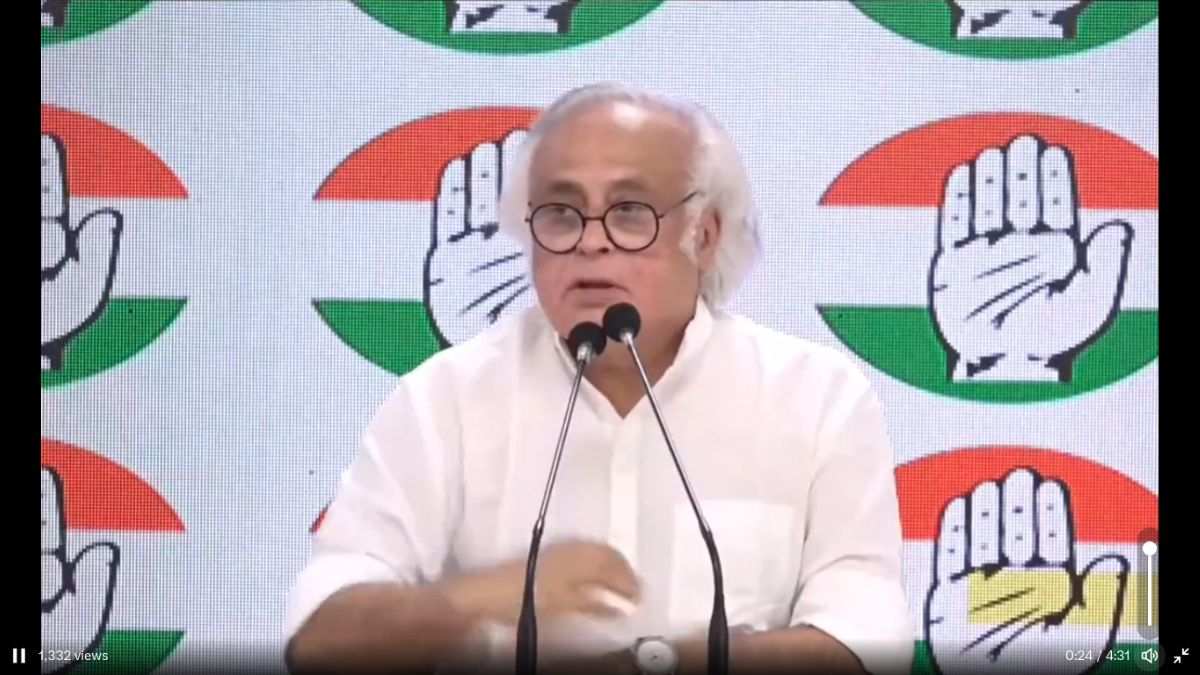Jairam Ramesh, a senior Congress leader, recently highlighted the importance of one-third reservation for women in Panchayati Raj Institutions in India. He stated that out of the 32 lakh elected representatives in these institutions, about 15 lacks are women, thanks to the reservation policy introduced by the 73rd Constitutional Amendment. In this article, we will delve deeper into the significance of this policy and its impact on women’s empowerment in rural India.
Significance of the 73rd Constitutional Amendment:
The 73rd Constitutional Amendment passed in 1992, granted constitutional status to Panchayati Raj Institutions, making them a third tier of governance alongside the central and state governments. The amendment mandated the reservation of one-third of the seats in these institutions for women. This policy was a significant step towards empowering women in rural areas, who had long been excluded from decision-making processes.
Progress made in implementing reservation policy for women:
Over the years, there has been a significant increase in the number of women participating in Panchayati Raj Institutions. As of 2021, about 44% of the total seats in these institutions are held by women. This has led to an increase in the number of women taking up leadership positions in their communities and has given them a platform to voice their concerns and influence policy decisions. The participation of women in these institutions has also led to the implementation of gender-sensitive policies and programs, such as the construction of toilets for women and the promotion of women’s self-help groups.
Challenges and the way forward:
While there has been progress in increasing women’s participation in Panchayati Raj Institutions, there are still challenges that need to be addressed. One of the biggest challenges is the lack of awareness and education among women, particularly in rural areas, which hinders their ability to participate effectively in governance. There is also a need for greater representation of women from marginalized communities, such as Dalits and Adivasis.
To overcome these challenges, there is a need for greater investment in women’s education and empowerment. This includes providing training and support to women who are interested in participating in Panchayati Raj Institutions, as well as creating awareness campaigns to encourage more women to run for office. There is also a need for greater collaboration between government agencies and civil society organizations to promote women’s participation in governance.
Must read the latest stories








